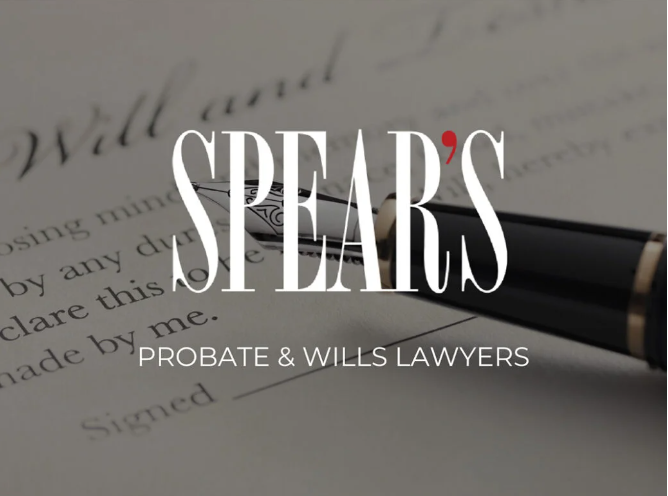Nicole Marmor, partner and Head of the Private Wealth department at Sherrards in London and St Albans highlights key considerations for those entering into a marriage or Civil partnership.
With the wedding season upon us, it is worth reminding ourselves of several key considerations when entering into marriage or a civil partnership from a succession and inheritance tax perspective.
If you’re considering how inheritance tax works for married couples and civil partnership, you can contact Nicole directly to seek legal advice.
Marriage and civil partnership automatically revokes a will
Under English law, marriage or civil partnership automatically revokes a Will. This is a quirk of English law – it is not applicable in Scotland and in other European jurisdictions.
It means that if you have made a Will prior to getting married and your Will was not made in contemplation of your marriage, then following your marriage, your estate will pass under the Intestacy Provisions. This may not be what you would like especially if you are entering into marriage with different levels of assets.
For example, you may already own a property jointly with another person such as your sibling, and, in the event that something should happen to you, you may wish your share to pass to your sibling rather than your new spouse.
Protecting your assets for children from previous partnerships
If it is not your first marriage, you should ensure that any new Will is carefully drafted to protect any children from your first marriage. If you leave everything to your second spouse, you cannot guarantee that they will look after your children as well as their own. This could mean that your children may have to bring a claim on the estate of the second spouse – a costly and stressful family law process!
Myths of inheritance tax
There is no such thing as a common law spouse under succession and tax laws for married couples or civil partners (including both IHT and CGT). Therefore, if you have been in a long-term relationship but are neither married nor in a civil partnership, unless you have made a Will, your partner is not entitled to any of your estate. Furthermore, there are no tax exemptions for assets passing to your partner even if you have made a Will.
For example, if you own a property together as joint tenants so that on your death your half share automatically passes to your partner by survivorship, if your half share is worth more than £325,000 (the current IHT exemption), then the balance would be subject to tax at 40%.
As clinical as it may sound, one of the best ways of saving inheritance tax is to get married/enter into a civil partnership. The latter can be both a same sex or opposite sex relationship.
If you have not made a Will but were maintaining your partner, then he or she would have to bring a claim against your estate for financial provision. However, they can only do so if when you died you were domiciled in the UK.
Prenuptial agreements
Prenups have been recognised in the English Court following the Radmacher Case and they may be worth considering if one party comes to the marriage/civil partnership with substantially more assets.
Gifting on marriage or civil partnerships
Finally, many people will be considering making cash gifts to the happy couple. There are a number of exemptions available for gifts from an individual on marriage/civil partnership including £5,000 to a child; £2,500 to a grandchild/great grandchild; and £1,000 to any other person. Anything above those figures, after taking into account the £3,000 annual exemption, will be subject to the 7-year rule for larger gifts.
Bear in mind that if you are making a gift other than cash, there could also be CGT implications.
The above is not an exhaustive list but highlights a few matters worth considering when getting an understanding of how inheritance tax works for married couples.
To find out more about our inheritance and tax planning services, please contact Nicole on nm@sherrards.com.



